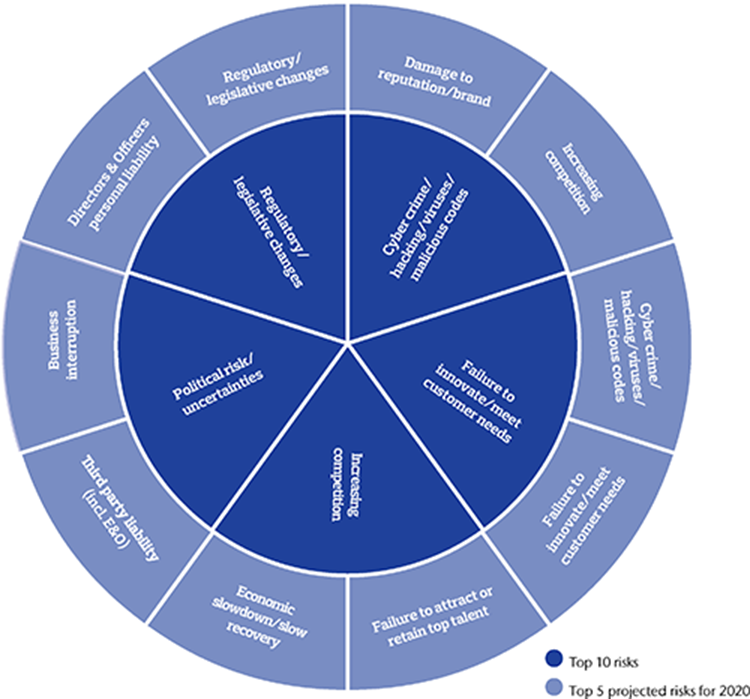

For this reason, risk prioritization is critical. Your organization will be faced with many threats, meaning it’s likely that you will not be able to take on them all. After your organization has identified any possible threats or vulnerabilities, the next step is to analyze and classify risks based on the likelihood that they will occur as well as the potential impact of a breach on your business operations. Analyze and classify the riskĪs previously mentioned, it’s important to define your organization’s risk tolerance and risk appetite levels, since this is what will be used as the basis of criteria when evaluating risks. By leveraging this information, organizations can gain insight into threat actors’ motivations or techniques, allowing them to proactively prepare for both emerging and advancing threats. Threat intelligence refers to data that can be used to inform security teams about cyber threats from the past, present, and future. This allows you to gain a more complete view of your potential attack surface so you can begin determining your organizational risk tolerance and risk appetite.Īnother way that security teams can gain insight into potential threats is through cybersecurity threat intelligence.

The first step to building a healthcare risk management system is to identify all potential risks or vulnerabilities within your organization’s network. Let’s explore the 5 things to consider when getting started: 1.

By taking the time now to prepare the various scenarios, you can help ensure that your organization is prepared for what may come tomorrow.ĥ considerations for an effective healthcare risk management systemĪs healthcare organizations work to build out their cybersecurity risk management systems, there are key components for the industry to consider such as risk assessments, vendor risk management, and regulatory compliance. Ensuring business continuity and patient safety: In the event of an attack, healthcare risk management helps organizations return to business as usual as quickly as possible.Especially as many are increasingly adopting new technologies and undergoing digital transformation, having a plan in place to identify and monitor network vulnerabilities is a must. Identify network vulnerabilities: Cybersecurity is a growing concern for healthcare organizations and should be considered a key component of any risk management system.The Health Insurance Portability and Accountability Act ( HIPAA) lays out requirements and guidelines for organizations in the industry to follow to ensure that patient data is not being put at risk. Safeguard patient data and records: Healthcare organizations have access to sensitive data, which if mishandled, could be potentially life-threatening to a patient.Of the many reasons for implementing cybersecurity risk management systems, the three overarching objectives for risk management in healthcare are: Healthcare risk management is crucial as the industry undergoes a rapid transformation as a result of emerging medical technologies and mounting patient data privacy concerns. What is the importance of risk management in healthcare? Due to the confidential nature of healthcare data, effective risk management in the industry can be the difference between life and death, thus, healthcare organizations cannot afford to overlook this critical process. Healthcare risk management refers to the process of identifying, analyzing, and implementing systems and processes to protect critical assets from a range of potential risks. Let’s take a deeper look at key considerations today’s healthcare organizations should keep in mind as they build out a risk management system. While these changes have helped advance patient care in many ways, they have also introduced the healthcare sector to greater levels of risk.Īs a result, cybersecurity is more important than ever for effective healthcare risk management. As more facilities begin to leverage electronic health records (EHRs) and internet-connected medical devices for patient care, organizations are becoming more reliant on advanced technologies. The healthcare industry is no exception to the rapid levels of transformation we’re seeing across multiple industries right now.


 0 kommentar(er)
0 kommentar(er)
